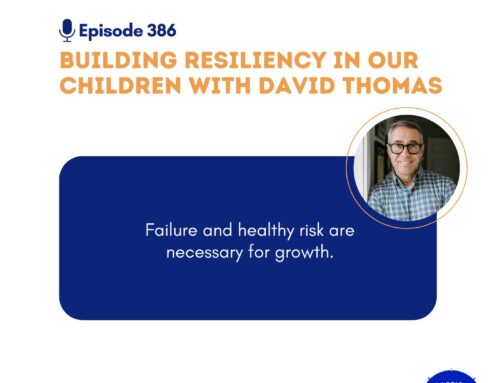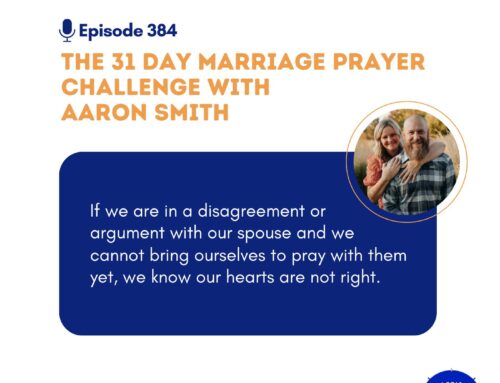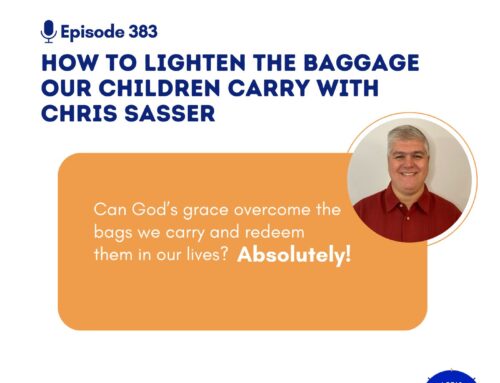Powered by RedCircle
This is part three of a four part series to help parents and teens improve their communication and reduce conflict. It’s adapted from a parent/teen retreat and includes small group questions you help you process the material as a family. Every family is going to have conflict. We need a better conflict toolbox to allow us to win the person and not the argument. Today we look at principles from Proverbs as well as Chris Voss’ book Never Split the Difference: Communicating Like Your Life Depends on it. I also share some of the most helpful marriage counseling advice I’ve ever been given.
Key Points:
1) You’re going to have disagreements and conflict. You need a better conflict toolbox.
2) The vast majority of conflict work is done before the conflict. Refill the love bank!
3) People want to be understood and appreciated.
4) Tools for conflict:
- Be a Mirror – Active listening and reflecting
- Accusation Audit – Admit the ugly truth and state your worst case
- Tactical Empathy – State their case and feelings in the best way you can (you don’t have to agree).
- Getting to “that’s right” rather than “you’re right”!
5) The best way to win the conflict is to seek to win the person!
6) Marriage tips for “fighting fair”
- Never use the words “always” or “never”
- Stick to the subject even if it means you’re going to “lose” the argument
- Make enough time for the discussion and take a time out if you need
Discussion Questions with your family after listening:
1) What was the most important thing you heard from this episode? Remember to try to use the toolbox as we continue the questions
- Be a mirror – active listening and reflecting
- Accusation audit – admit the ugly truth and state your worst case
- Tactical Empathy – state the other side’s case and feelings as best as you can
- Getting to “That’s Right” instead of “Your Right”
2) One of the main points was “everyone wants be understood and appreciated.” Can you think of something in your household where you feel either misunderstood or unappreciated? Share the situation if you feel comfortable. Others in the group should practice listening and interacting using the toolbox. Stick to the subject and don’t switch topics in the middle. See if you can get to a place where one of the people listening can restate your case in such an accurate way that you say “That’s Right”.
3) Take a turn and let someone else go.
4) What do you think would be the most helpful tool in the toolbox to regularly use?
5) Are any of them confusing to you?
6) Do you feel like if you are appreciated and understood its easier to get past
Resources Mentioned
- Sign Up for My Things For Thursday Email
- Communication and Conflict Part 2: Rebuilding the Love Bank
- Communication and Conflict Part 1: Know Your Enemy
- Never Split the Difference: Negotiating As if Your Life Depended On It by Chris Voss and Tahl Raz






